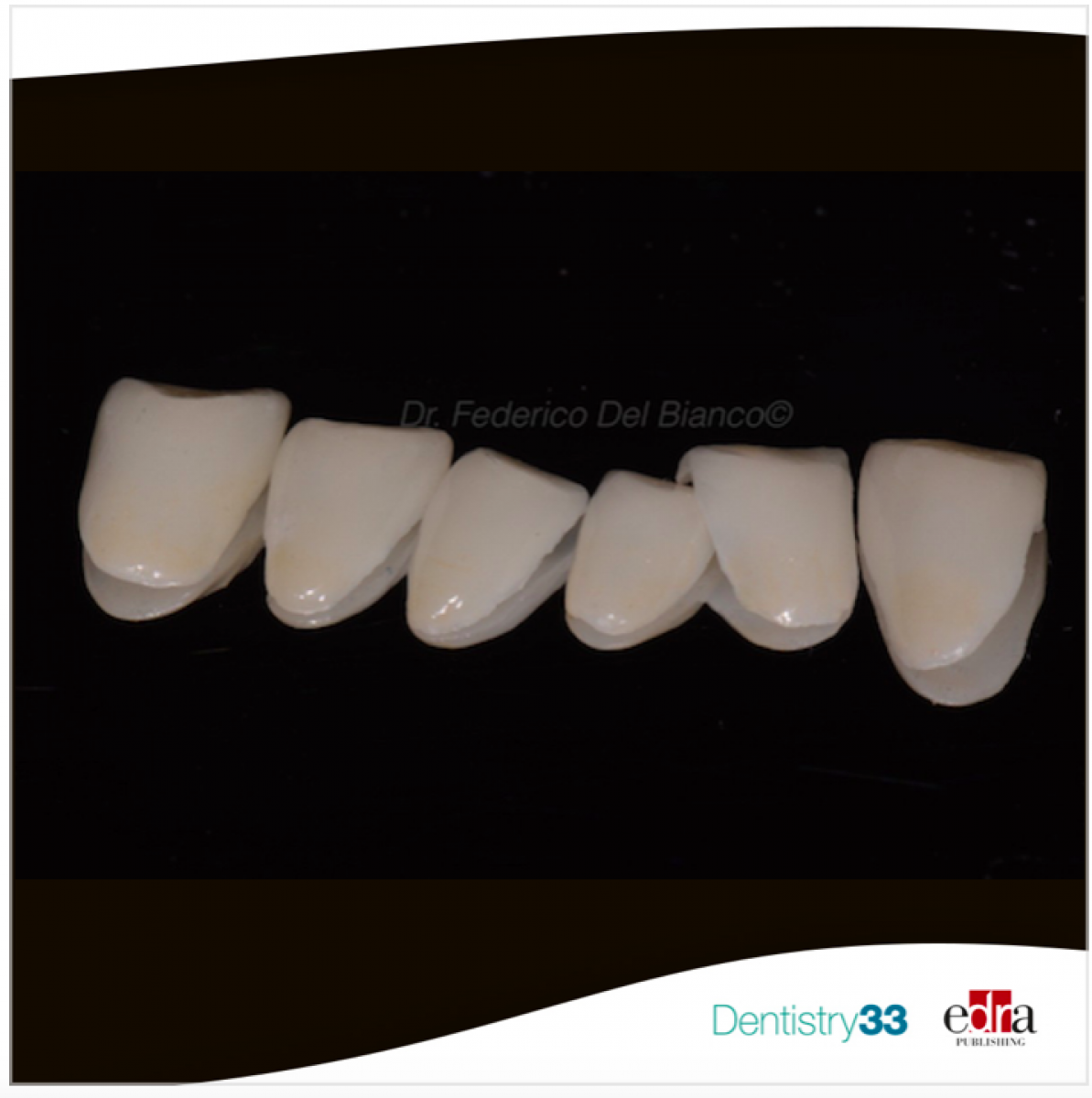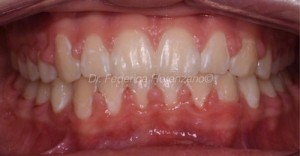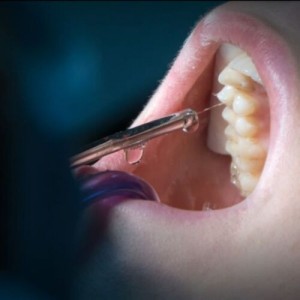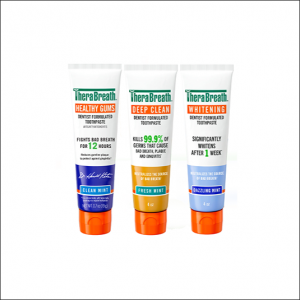
7 years randomized clinical trial on caries infiltration
Co-authors: A. Comba, F. Del Bianco
Lorenzo Breschi
In compliant patients noninvasive interventions such as fluoridation or flossing may be efficacious to hamper progression of existing proximal caries lesions. However despite all preventive efforts, high caries incidence and progression is reported, in particular for proximal sites.
Microinvasive treatments such as sealing or caries infiltration could provide a barrier from acids produced by bacteria biofilm thanks to the resin that penetrates into the demineralized substrate.
A clinical trial performed by S. Paris et al. decided to assess the clinical efficacy of resin infiltration of proximal caries lesions after a mean follow-up period of seven years compared to mock treatment.
Material & Methods
The group of research from Berlin included 22 students from dental clinic (age 18-35) with two or more non-cavitated proximal caries lesions with radiolucencies involving the inner half of enamel up to the outer third of dentine. Lesion pairs were randomly allocated by the German researchers into two treatment groups: infiltration (Icon, pre-product; DMG) or mock (control) treatment. All subjects received risk-related instructions for diet, flossing and fluoridation. The primary outcome was radiographic (digital subtraction radiography) lesion progression after seven years. Secondly, Kaplan-Meier-analyses were applied to analyze time-to-failure additionally including patients followed up for less than 54 months as well.
Results
After a mean observation period of 48 months, the group of S.Paris et al. analyzed the outcomes of 17 patients and found out that 2/22 infiltrated lesions (9 %) compared with 10/22 control lesions (45 %) progressed into deeper caries(p = 0.018). The relative risk reduction for test in relation to control was 80 % (CI 95 % = 19–95 %). For the survival analysis within a mean observation time of 73 months failure rates of 1.3 % and 7.8 % were observed for test and controls, respectively. Hazard risk (95 % CI) for caries progression was 6.6 for the control compared with the test lesions (p = 0.002).
Conclusions
The authors concluded that resin infiltration of proximal caries lesions extending radiographically around the enamel dentin junction is efficacious to reduce lesion progression after a mean observation time of seven years.
For additional information: Seven-year-efficacy of proximal caries infiltration – Randomized clinical trial.
 Related articles
Related articles
Pediatric dentistry 05 January 2023
Effectiveness of sealing in first permanent molars adjacent to decayed teeth
Resin infiltration has been shown to be effective for up to seven years. But to date there are no similar studies for resin sealing with observation times not exceeding 3.5 years.
Restorative dentistry 14 July 2020
Post-orthodontic white-spot lesions: are resin infiltration and microabrasion effective treatment?
Co-authors: A. Comba, F. Florenzano
The development of white spot lesions (WSLs) is one of the most common adverse effects of orthodontic treatment. During the orthodontic treatment the...
 Read more
Read more
Editorials 10 October 2025
With proud smiles and crisp white coats, ninety-three learners from the DDS Class of 2029 and the International Dentist Pathway Class of 2028 marked the start of their dental careers at the UCSF...
Periodontology 10 October 2025
Continuous professional development (CPD) in Periodontology refers to the overall framework of opportunities that facilitate a life-long learning practice, driven by the learner-practitioner and...
TheraBreath, the #1 alcohol-free mouthwash brand in the U.S.*, has introduced a new line of dentist-formulated, clinically tested toothpastes designed to support professional oral care...
News 10 October 2025
New officers and trustees were installed at the Minnesota Dental Association’s Leadership Conference on September 19 in Minneapolis.
News 10 October 2025
Smartee Denti-Technology today announced that Professor Gang Shen, its Chief Scientist and Executive President of TaiKang ByBo Dental, has once again been named to the World’s Top 2% Scientists...












